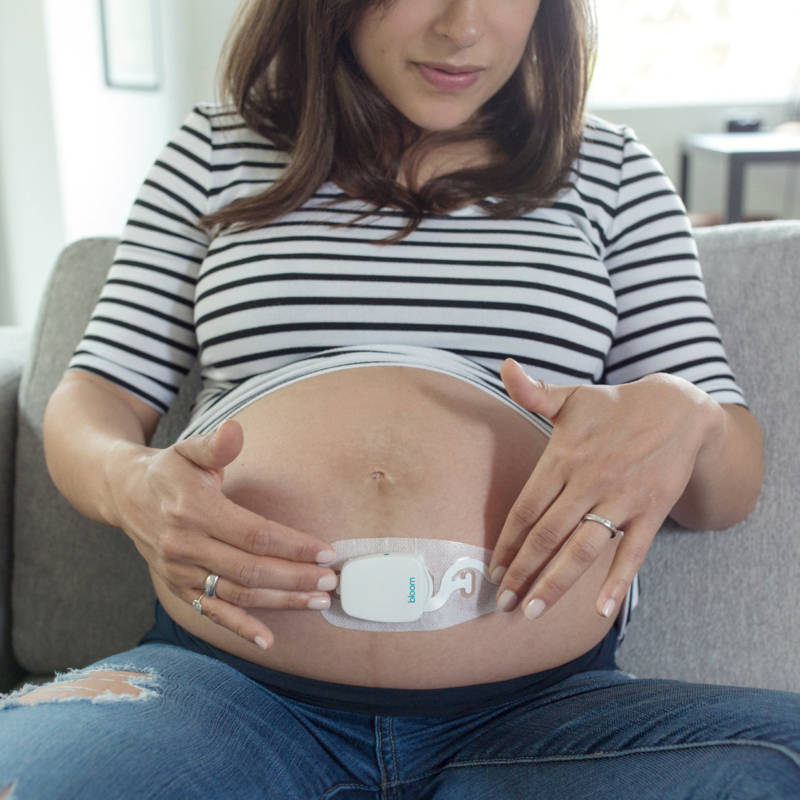The "electronic tattoo" may sound like an attempt by Silicon Valley to encroach on one of the last few activities still requiring an actual human being.
But what the term actually refers to is a sensor that adheres like a Band-Aid to parts of your body in order to monitor vital signs like heart rate, blood pressure and breathing. Another name for the devices-- equally evocative--is "smart skin."
Researchers around the country are designing electronic tattoos, which look a bit like a child's sticker but come outfitted with wireless antennae.
“The patch is a medical adhesive with an electronic sensor that can measure biological information,” says Todd Coleman, a bioengineering professor at the University of California, San Diego. “It’s not a watch. It’s something you peel and stick and mount right on your body."
This could be a boon to pregnant women forced into hospital stays due to complications, Coleman says. "In the case of a pregnant woman, she would put it right on her abdomen to track her pregnancy."


